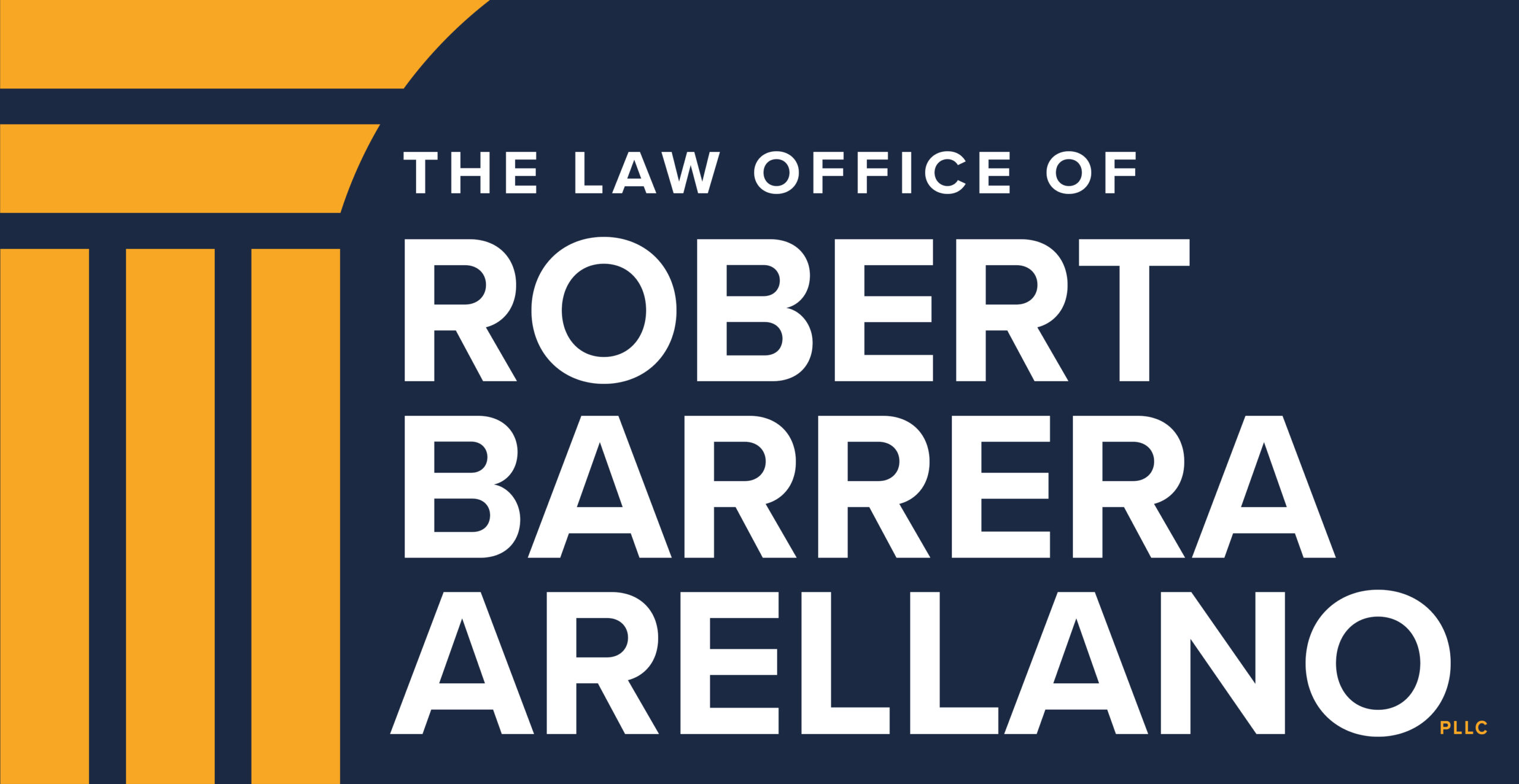
DWI Blog
Being arrested for a DWI (Driving While Intoxicated) or DUI (Driving Under the Influence) in Texas is a serious matter. If you’ve found yourself in this unfortunate situation, it’s essential to understand the legal process that follows. Navigating the court system can be complex, but with the right information and legal representation, you can better manage the stress and challenges ahead. This guide will walk you through the DWI/DUI court process in Texas and explain how an experienced attorney can make a world of difference.
Understanding the DWI/DUI court process in Texas is vital for anyone facing these charges. With the right attorney by your side, you can navigate the legal system more effectively and work toward the best possible outcome.

DWI stands for Driving While Intoxicated, which typically refers to driving under the influence of alcohol. DUI stands for Driving Under the Influence, which can refer to both alcohol and drugs.
The timeline for a DWI case can vary, but most cases take several months to resolve, especially if they go to trial.
Yes, a DWI/DUI charge can sometimes be dismissed if there are issues with the evidence or the arrest process.
First-time offenders may face fines, a suspended license, mandatory alcohol education classes, and possibly probation or community service.
Look for an attorney with experience in DWI/DUI cases, positive reviews, and a track record of successful outcomes.